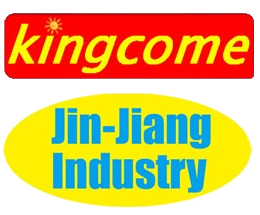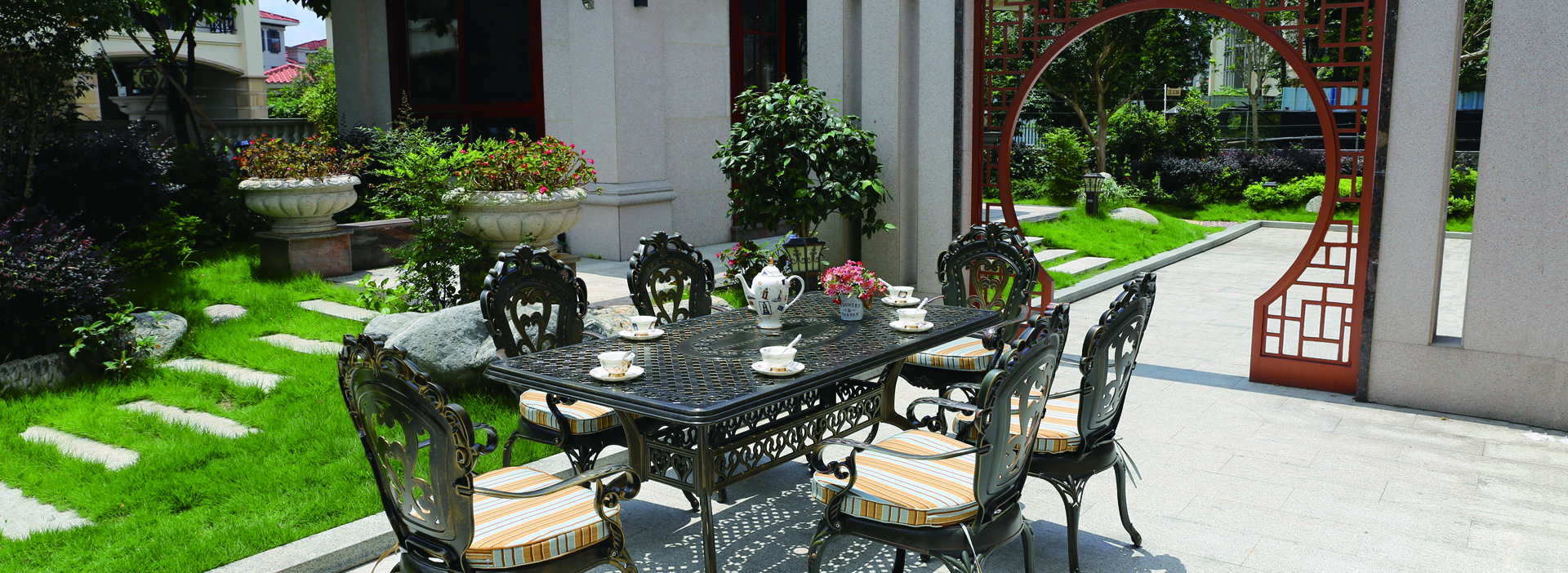click for more news
Hello everyone, today we talk about the new action in the Indonesian market, which is not a small thing for us foreign traders.
Previously, the United States announced a wide range of 100% tariffs on Chinese products, Indonesia also began to follow the trend of new policies.
What's going on?
Indonesia's Trade Minister Zulkifli Hassan dropped a bombshell last week, saying that they intend to "impose tariffs of up to 200% on imported textiles and other goods". The reason for this is that the trade war between the US and China has created a surplus of products made in China, which are then "dumped" into the Indonesian market, putting a lot of pressure on local small businesses.
The Indonesian Textile Association (API) has also spoken out, saying that textile imports from China are "50 to 70 percent cheaper" than local goods, which is a huge challenge for the local industry. Indonesia's Trade Minister Zulkifli also mentioned that 'the US can impose 200% tariffs on imported ceramics or garments, Indonesia can do the same to protect its own MSMEs'.

As we all know, China, Vietnam and Bangladesh are the major importers of garments and accessories from Indonesia. This move by Indonesia is not a small blow to exporters from our countries. Once this protective tax is added, the cost goes up and price competitiveness naturally comes down.
However, we also have to understand that each country has its own small plan, Indonesia is also trying to give their own textile industry to support, equivalent to a kind of anti-dumping duties. However, in this way, the price of clothing on the Indonesian market may have to go up, consumers may have to pay more out of pocket.
In fact, this is not the first time Indonesia plans to strengthen import controls. Indonesia had issued a regulation late last year setting import quotas on more than 3,000 commodities, including food ingredients, footwear, electronic products and chemicals. But the government was forced to make several revisions to the regulation after Indonesian industry complained that the restriction on quotas was hampering the supply of imported materials needed by domestic industries.
The policy change was not a sudden whim of the government, but rather a result of repeated pressure from domestic chambers of commerce. They told the government that the market is flooded with cheap imported products, local products can not be done, the company closed down one after another, layoffs one after another, and so the local industry will be cool.
The Indonesian government heard that there is still a problem, and hurriedly thought of this approach, anti-dumping a bit, in order to protect the local industry.
However, the Indonesian government in imitation of the United States tax increase at the same time, does not seem to see this initiative behind the most obvious two major drawbacks:
01, the tax increase does not comprehensively prevent the flow of imports into the local market, the value of the protection of the market is much lower than the side effects of the market it brings.
02, the increased cost of imported goods will eventually be passed on to local consumers, and trigger inflation.
The United States is the best 'lesson learned from the past' in all this.
Since the tax increase on imports, for our Chinese exporters is naturally a challenge.
We remind exporters of related products to pay attention to the policy changes and adjust their offer strategy and market expansion strategy in time to avoid any unnecessary loss or trouble.
20240712
Post time: Jul-12-2024




